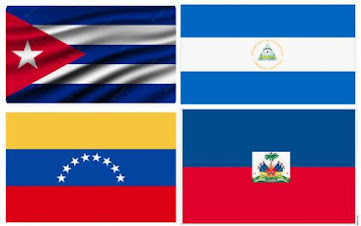U.S. Citizenship and Immigration Services (USCIS) has issued updated policy guidance clarifying the admission requirements for naturalization applicants. This guidance, effective immediately and applicable to both pending and newly filed cases, addresses an important aspect of naturalization law: the lawful admission of applicants as lawful permanent residents (LPRs).
Only Initial Admission Must be Lawful
The updated USCIS Policy Manual specifies that a naturalization applicant must demonstrate they were lawfully admitted for permanent residence only at the time of their initial admission as an LPR or adjustment of status to LPR. Subsequent entries into the United States, regardless of circumstances or legality, do not impact the determination of lawful admission for naturalization purposes.
This clarification aligns with the ruling by the U.S. Court of Appeals for the Fourth Circuit in Azumah v. USCIS, 107 F.4th 272 (4th Cir. 2024). The decision emphasizes that the focus should be on the lawful admission or adjustment at the time the applicant obtained LPR status, not on later reentries.
After his lawful admission as a permanent resident, Azumah was deemed inadmissible due to a subsequent embezzlement conviction. Upon his return to the U.S. in 2014, the government paroled him into the country and initiated removal proceedings against him. After dismissal of proceedings, Azumah applied for naturalization, which was denied by USCIS because he was not “lawfully admitted for permanent residence” when he returned to the United States in 2014. Upon appeal, the 4th Circuit Court disagreed.
The Fourth Circuit’s Rationale
The Fourth Circuit highlighted that the statutory language under the Immigration and Nationality Act (INA) specifies that naturalization applicants must prove they were lawfully admitted to the U.S. as permanent residents. The term refers to the applicant's initial lawful entry or adjustment of status to LPR.
The Fourth Circuit rejected arguments that unlawful subsequent entries could retroactively affect the validity of the initial lawful admission or adjustment. This ensures that individuals who met all legal requirements at the time of becoming LPRs are not penalized for later circumstances that do not invalidate their original status.
The Fourth Circuit also noted the practical need for consistent and predictable standards. By focusing on the initial lawful admission or adjustment, USCIS can streamline adjudication and avoid penalizing applicants for unrelated or subsequent immigration complexities.
Why This Matters
For applicants applying for naturalization, this clarification removes uncertainty about how subsequent entries might affect their eligibility. Applicants who entered or adjusted to LPR status lawfully retain their eligibility for naturalization, even if they later faced challenges with subsequent entries. USCIS has revised its Policy Manual to incorporate this new policy.













